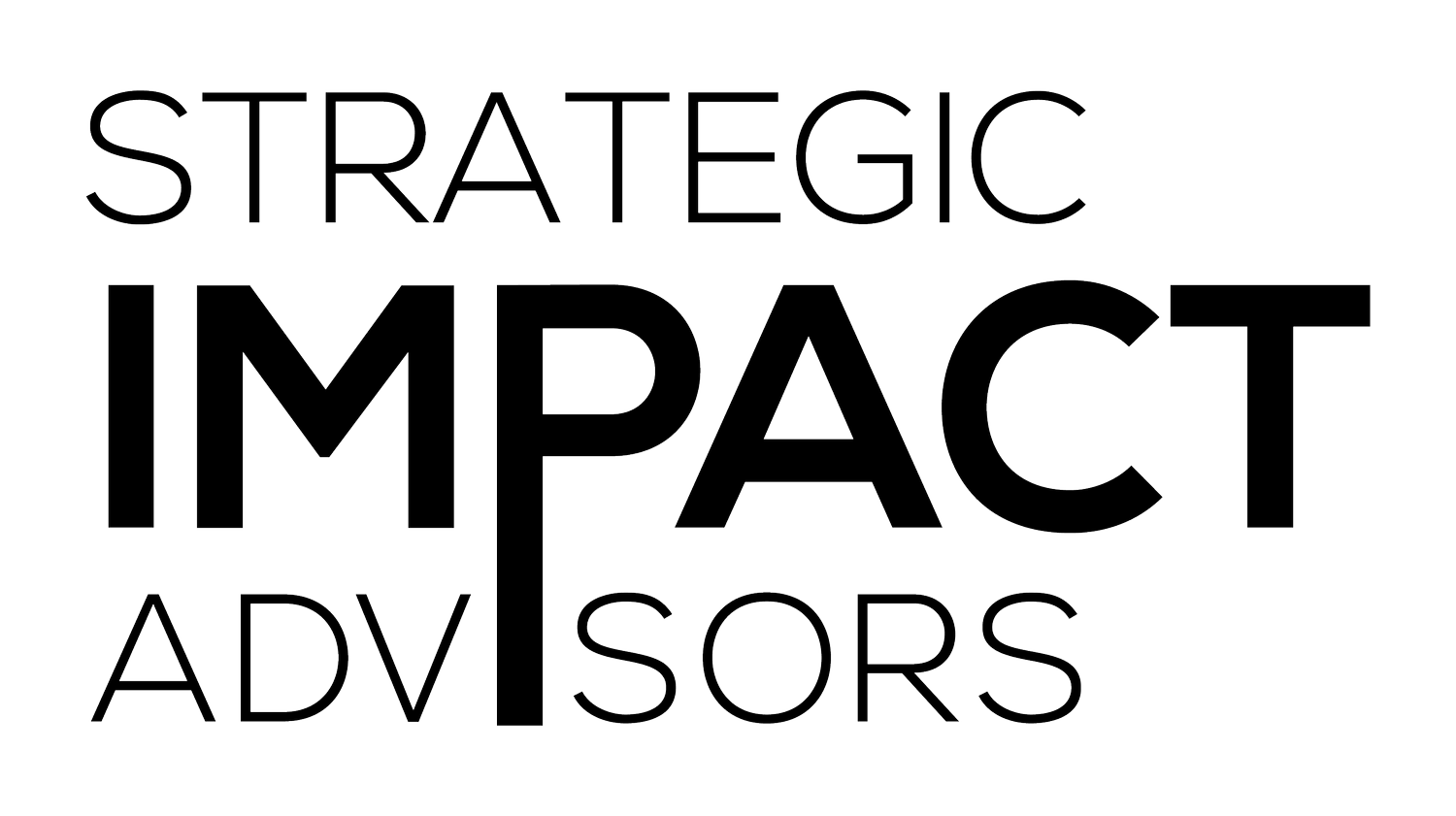Practicing what we preach: Initiating bulk payment disbursements
The Tigo Ghana head office sits on a shady, surprisingly quiet road in central Accra, nestled next to government buildings and museums. An office on the top floor of the three-story building is home to the mobile network operator’s Mobile Financial Services (MFS) division, known as TigoCash. This was where I received training on TigoCash’s bulk payment platform, which allows companies to disburse funds via mobile money to their employees, clients and others. This enterprise level application provides a national payments platform for companies like ours seeking to conduct many transactions simultaneously, essentially providing a bulk version of the popular person-to-person (P2P) payments. Long an advocate for the benefits of bulk payment platforms in development, Strategic Impact Advisors (SIA) itself now uses the mobile money bulk payment system to conduct transactions for our own operations in running a mobile money agent quality management (AQM) project with TigoCash in partnership with the International Finance Corporation (IFC).
Tigo’s MFS department taught me how to initiate monthly payments for the 40 Ghanaian team members working with SIA on the AQM project, which aims to increase the quality of 6,000 TigoCash agents in Ghana. Improving agent quality is a key component for instilling trust and sustained use of mobile money. Our program, led by Wisdom Alorwuse, is designed to provide a reliable agent ecosystem to support the increased use and penetration of digital financial services throughout the West African nation and provide an enhanced and easier mobile money experience for TigoCash customers. The AQM project targets the urban and peri-urban areas in Ghana including cities in the Greater Accra Region, Western Region, Ashanti Region, Eastern Region, Volta Region and Northern Region. To reach our target of 6,000 agents, SIA has enlisted a team of 40 local Trade Development Representatives (TDRs), who are managed by their respective regional team leaders. TDRs first receive extensive training regarding the intricacies of the TigoCash product set, such as the various TigoCash promotions, liquidity avenues and marketing tools. TDRs are then sent into the field and tasked with conducting daily interviews and training sessions with TigoCash agents in their respective territories.
TDRs are armed with smartphones outfitted with a novel survey analysis software application developed by a data analytics team called Optimetriks. The app tracks the number of agent audits a TDR conducts daily, the level of agent awareness regarding TigoCash promos, the presence of marketing materials, float levels, the number of transactions conducted daily and liquidity sources, among other indicators. The Optimetriks tool helps to track both TDR and agent performance and improvement.
As I sat in Tigo’s head office and learned the few links I had to click to instantly disburse salary payments to the TDRs, I knew those TDRs would need to cash-out at TigoCash agents who are likely receiving our assistance. As the program’s Support Manager, I was impressed with the level of transaction detail the bulk payments platform provided our headquarters. TigoCash also connects bulk payment clients to a dedicated representative to guide clients through the process and addresses any inquiries. As I used the system, I was reminded of why SIA has spent the past few years increasing awareness regarding bulk payment platforms and how this platform is now a mainstream product for TigoCash. In countries where bank accounts are sparse, the ease, safety and efficiency of these platforms prove to be a far more compelling alternative to cash.
